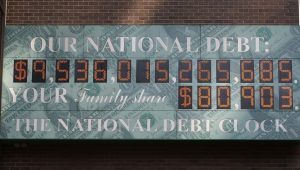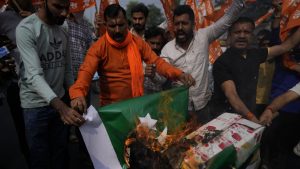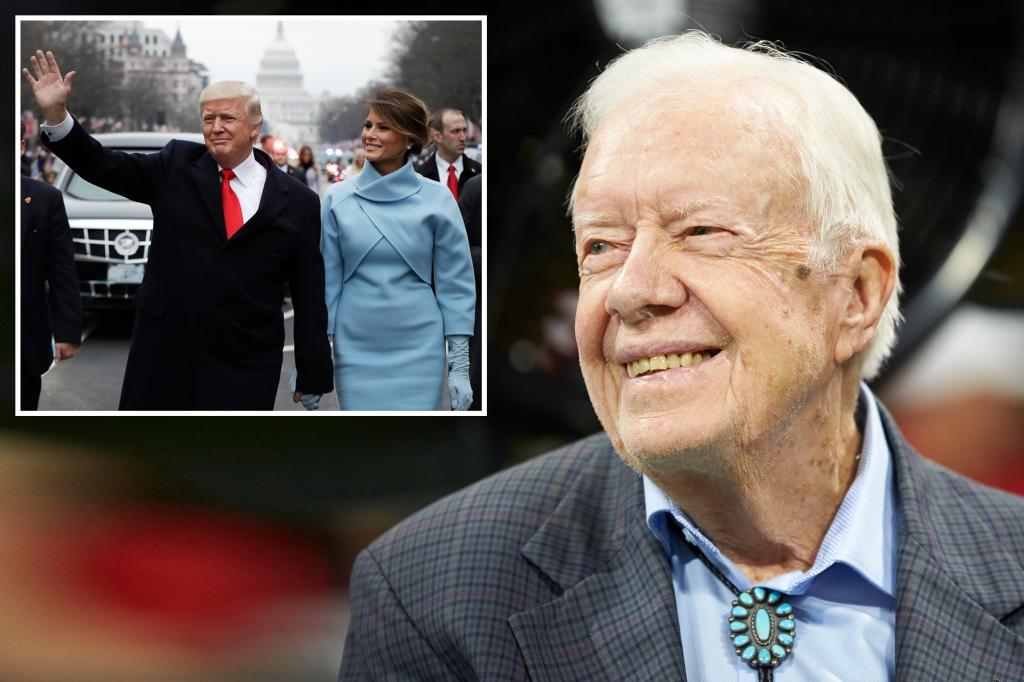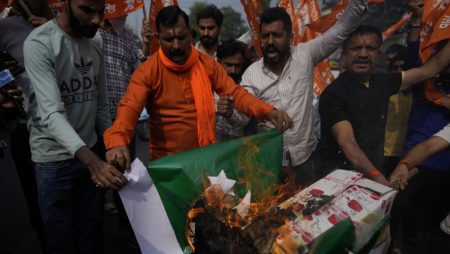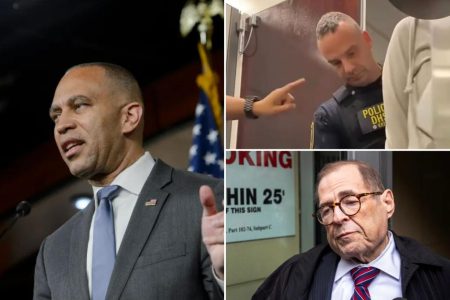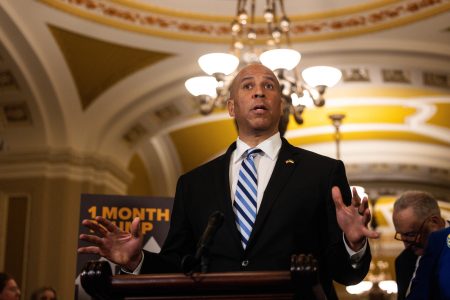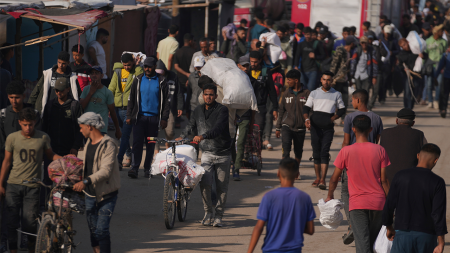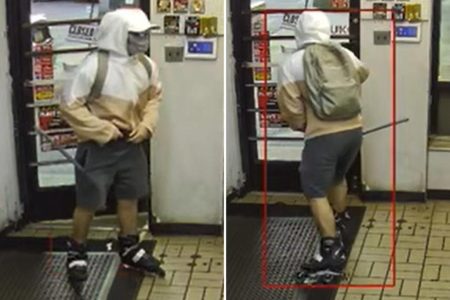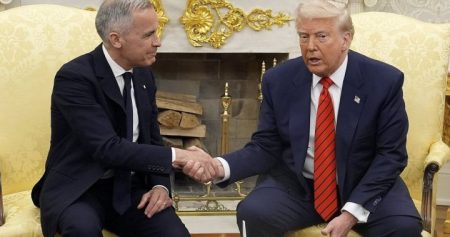Former President Jimmy Carter’s absence from President-elect Donald Trump’s upcoming inauguration stems primarily from his delicate health condition, rather than political motivations. At 100 years old and under hospice care for nearly two years, Carter’s physical fragility precludes him from attending public events, including the inauguration ceremony, which typically takes place outdoors in often harsh winter weather. A spokesperson for the Carter Center confirmed that his health is the sole reason for his non-attendance, emphasizing that under normal circumstances, he would have been present. This marks the second inauguration Carter has missed since his own presidency, having also been absent from President Biden’s inauguration in 2021 due to similar health concerns. His wife, former First Lady Rosalynn Carter, who passed away in November 2023 at age 96, had also transitioned to hospice care in 2023.
While President Carter’s absence is health-related, a significant number of Democratic politicians are choosing to boycott Trump’s second inauguration as a deliberate political statement. At least 18 Democratic representatives, including prominent figures such as Representatives José Serrano, Nydia Velazquez, Adriano Espaillat, Jerrold Nadler, and Yvette Clarke, all from New York, have announced their intention to skip the ceremony. Their decision reflects the deep political divisions and ongoing tensions between the Democratic party and the incoming Trump administration, underscoring the contentious political landscape surrounding the upcoming presidential transition.
The absence of President Carter, a figure of historical significance and national respect, coupled with the organized boycott by a substantial group of Democratic lawmakers, highlights the unique circumstances surrounding Trump’s second inauguration. Carter’s non-attendance is a poignant reminder of the passage of time and the toll it takes, even on those who have held the highest office. His absence removes a symbolic link to past presidencies and underscores the changing political guard. Conversely, the Democratic boycott signifies active political opposition and resistance to the incoming administration, foreshadowing potential challenges and conflicts in the political arena during Trump’s second term.
The contrasting reasons for absence – one driven by personal health and the other by political dissent – weave a complex narrative around this presidential inauguration. Carter’s absence evokes a sense of respectful understanding given his age and health condition, while the Democratic boycott adds a layer of political tension and foreshadows potential future conflicts. These two distinct threads intertwine to create a unique backdrop for the inauguration, reflecting the broader societal and political divisions within the United States.
The significant number of Democratic representatives choosing to boycott the inauguration could be interpreted as a sign of ongoing resistance and disapproval of President-elect Trump and his policies. Their absence can be seen as a form of protest, a public expression of their political stance and a refusal to normalize or legitimize what they perceive as potentially harmful or divisive policies. This collective action by elected officials represents a significant political statement, highlighting the ongoing deep divisions within the American political landscape. It sets the stage for potential future conflicts and confrontations between the executive and legislative branches, particularly on key policy issues.
This inauguration, marked by both the involuntary absence of a respected former president due to health reasons and the deliberate absence of a substantial number of Democratic lawmakers as a form of political protest, stands in stark contrast to typical presidential transitions. It underscores the unique and potentially tumultuous nature of the current political climate and foreshadows the challenges and conflicts that may lie ahead during Trump’s second term in office. The inauguration, traditionally a symbol of unity and peaceful transfer of power, is now overlaid with layers of political division and dissent, reflecting the deeper societal fractures within the nation. The representatives for Trump have not offered any public comment regarding the Democratic boycott, further emphasizing the strained relationship between the two parties.

